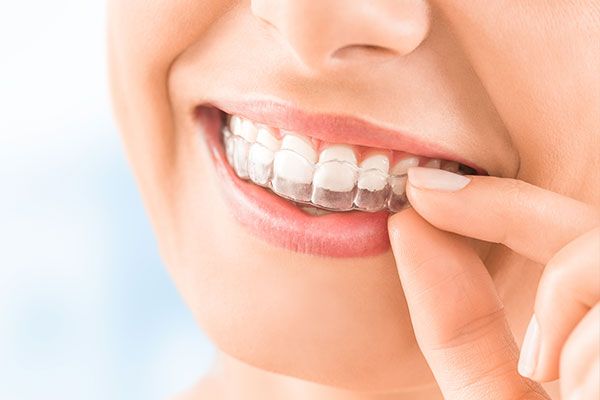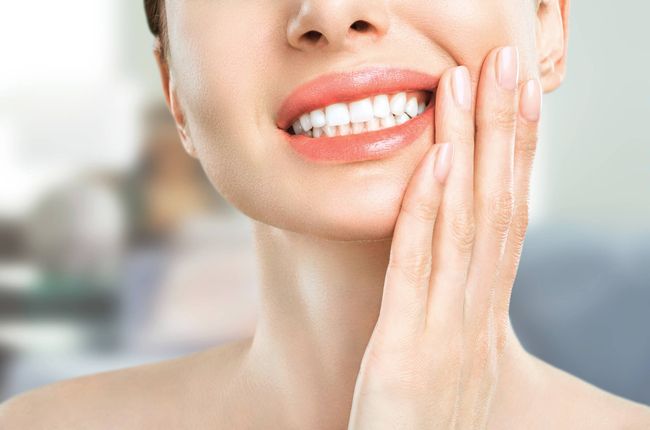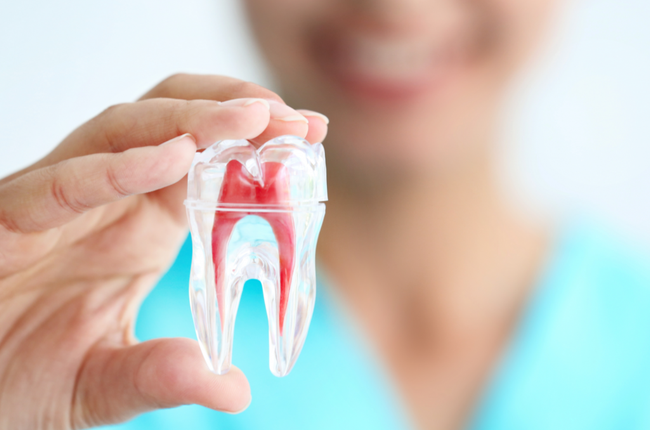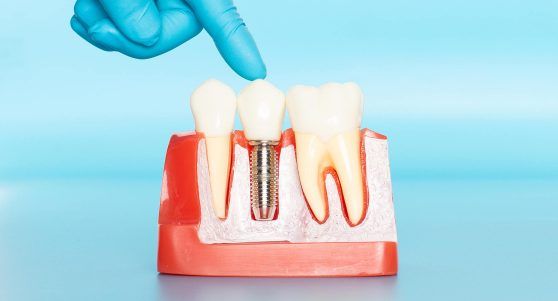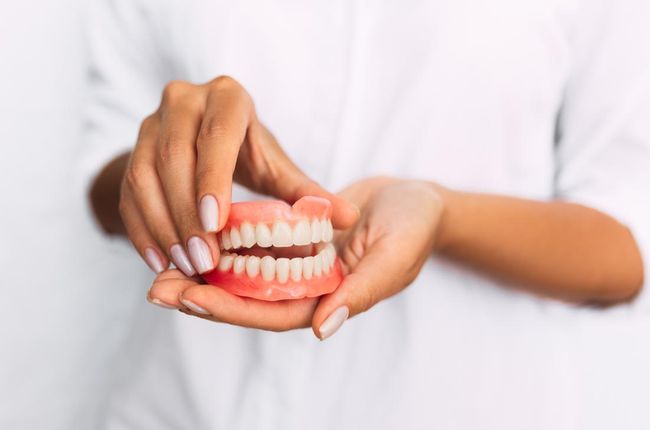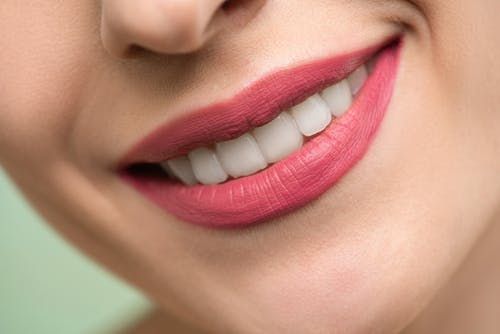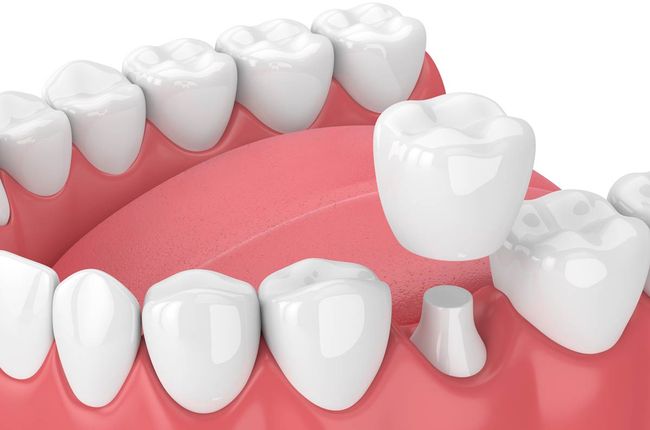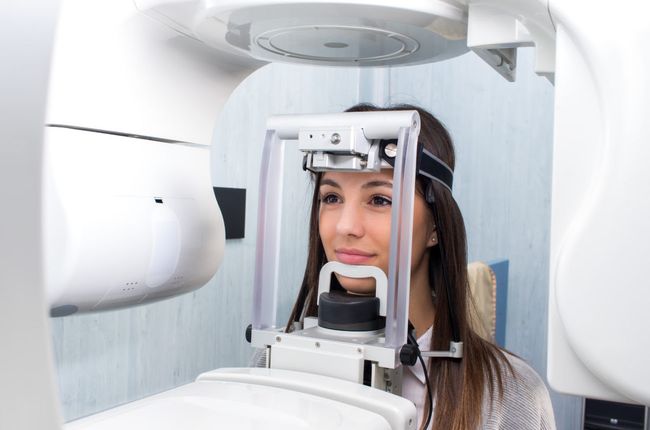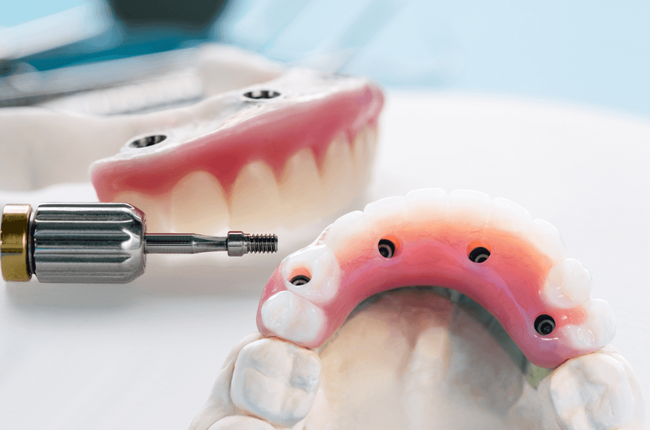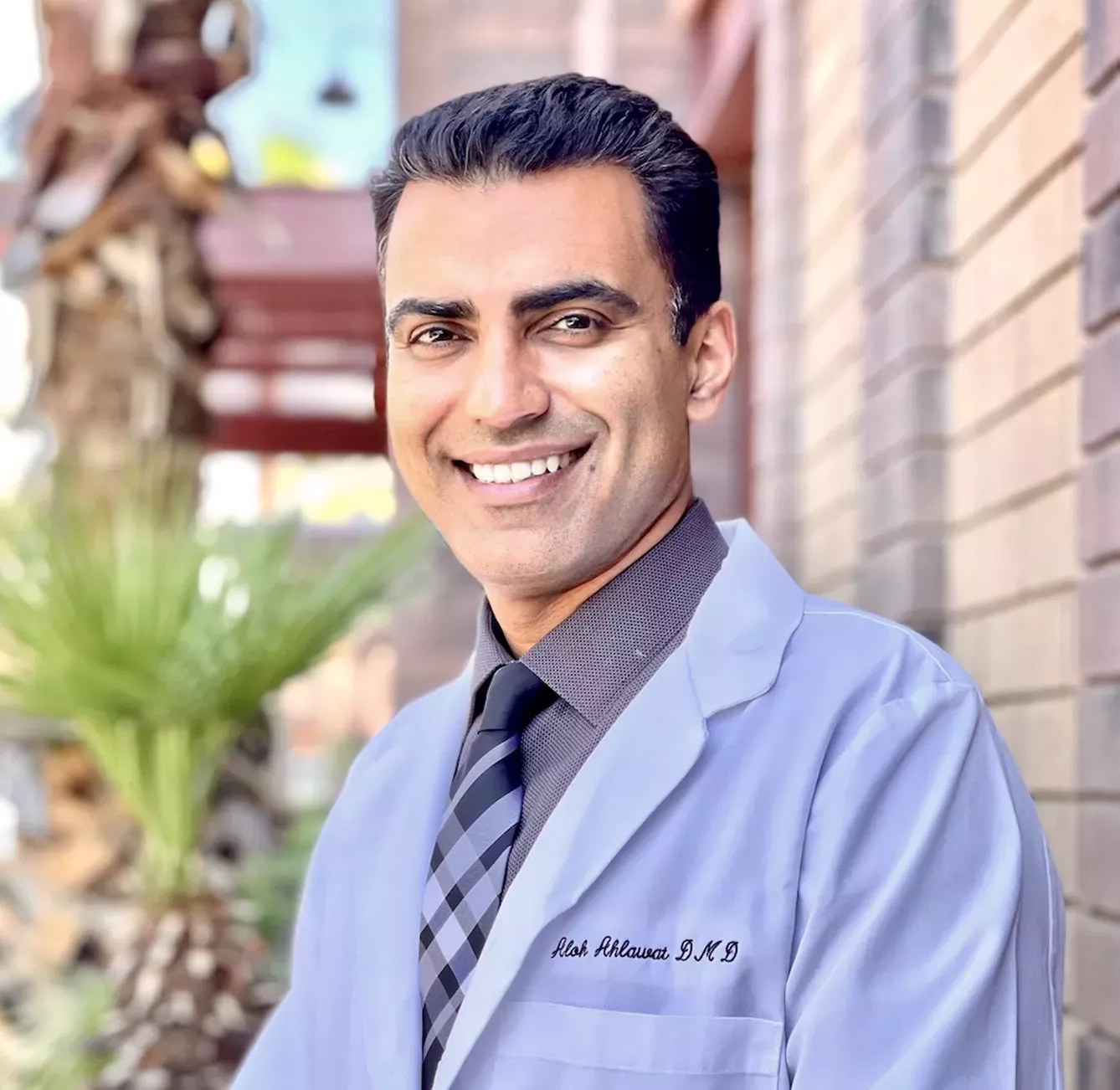Diabetes is a disease that affects the way the body uses food for energy. With diabetes, the body either doesn't make or use insulin properly or it can't produce enough insulin. This results in high blood sugar levels. Diabetes can also negatively affect your oral health. This is because diabetes makes you more susceptible to infections, gum disease, dry mouth, and increased plaque buildup.
Diabetes and Oral Health
People who suffer from diabetes are more prone to gum disease than those without diabetes. In fact, the health issues caused by diabetes make it one of the most common causes of periodontal disease. While diabetics don't have an increased risk for cavities, excessive sugar and carbohydrates increase the risk of tooth decay; therefore, people with diabetes need to take extra precautions to maintain their oral health and avoid problems with their teeth and gums.
One common problem among diabetic patients is dry mouth. Dry mouth or xerostomia occurs when your salivary glands don't produce as much saliva as they do when you're healthy. This can cause even more problems for diabetic patients since saliva plays a key role in fighting bacteria. Without enough saliva, your mouth becomes vulnerable to infection. Furthermore, dry mouth increases your risk of gingivitis and other oral infections like thrush and yeast overgrowth. If left untreated, these can eventually lead to more serious problems, such as tooth loss!
The best way to prevent and treat these problems is to brush and floss your teeth regularly and visit your dentist twice a year for regular checkups. In addition, be sure to keep up with your regular cleanings and exams at Arizona Dental Heights to have a healthy and beautiful smile that lasts a lifetime!
How Do People With Diabetes Develop Gum Disease?
People with diabetes are at higher risk for developing oral health problems for several reasons. First, diabetes increases the amount of glucose in the saliva that can react with bacteria in the mouth to create harmful acids. These acids can break down tooth enamel and cause cavities. Additionally, people with diabetes may have difficulty controlling their blood sugar levels, which can contribute to diabetic complications that negatively impact the teeth and gums. Poorly controlled blood glucose levels have been linked to periodontal infections, which can lead to more severe oral issues. For example, uncontrolled glucose levels can cause tissues to pull away from the teeth, increasing the risk of tooth decay and gum disease. Conversely, poorly controlled blood glucose levels can also lead to dry mouth, which can increase the risk of infections caused by a lack of saliva. A dry mouth can also cause bad breath, further impacting a person's quality of life.
In addition to poor blood glucose control, some medications used to treat diabetes can lead to oral health concerns. For example, metformin, a common medication used to control type 2 diabetes, may cause side effects like nausea, vomiting, or diarrhea. Because these symptoms can make it difficult for diabetic patients to eat and drink properly, many are forced to skip meals or take small snacks throughout the day. As a result, these unhealthy eating habits can result in an increased risk of developing serious oral conditions, such as periodontitis.
All in all, people with diabetes are at increased risk for oral health concerns. It's important to maintain regular checkups and cleanings with a dentist who understands the unique needs of people with diabetes in order to monitor and treat any potential issues before they become severe. While good oral hygiene practices, including brushing twice a day with toothpaste for sensitive teeth and flossing every day, can help reduce the risk of developing gum disease and other oral health issues, people with diabetes may still need to pay special attention to the health of their teeth.
Arizona Dental Heights, situated in Mesa, AZ, is equipped with modern technologies and expert dentists who provide the best services to patients. Call (480) 525-6000 and schedule an appointment with the dentist in Mesa, AZ, to learn more about the dental services we offer.
Office Hours
MON - THU8:00 am - 5:00 pm
FRI9:00 am - 1:00 pm
SAT - SUNClosed
